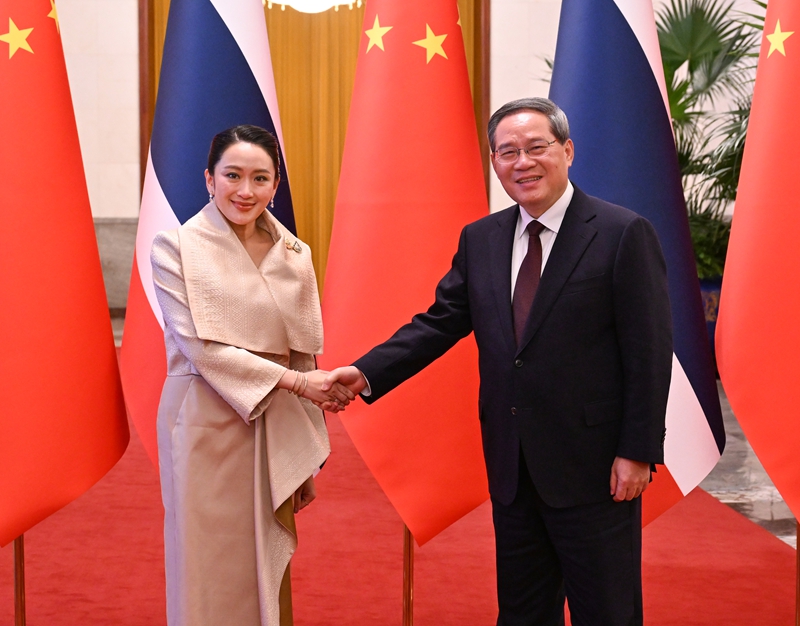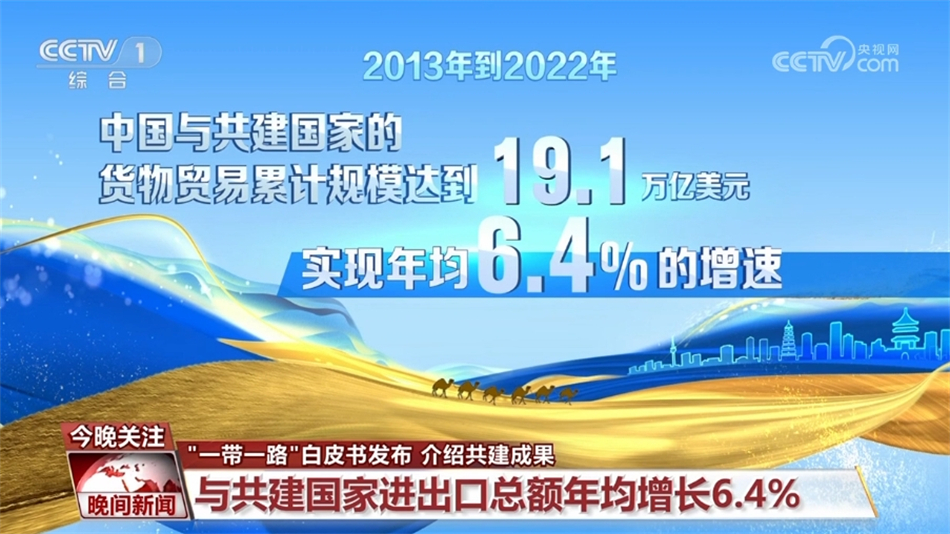Why Has China Been Slow To Unify Taiwan? Putin's Words Provide Us With A New Way
Why Has China Been Slow To Unify Taiwan? Putin's Words Provide Us With A New Way
Cross-strait relations cannot be avoided this year. The mainland’s military power has the upper hand, so why hasn’t it taken action yet? Many people have asked this question, but the answer is not simple, and we have to look at it from reality.
Cross-strait relations cannot be avoided this year.
The mainland’s military power has the upper hand, so why hasn’t it taken action yet? Many people have asked this question, but the answer is not simple, and we have to look at it from reality.
Russian President Putin said
China does not need to rely on force to unify Taiwan, because its economic strength is there and it can solve problems with economic methods.

This directly points out the key point. As the world's second largest economy, China is closely involved in trade with Taiwan. Using economic leverage to put pressure on it is much easier than fighting and has less risk.
On October 13, 2021, Putin mentioned at the Russian Energy Week forum in Moscow that China's purchasing power parity has exceeded that of the United States, and it has a strong voice in international trade. It can make Taiwan submit without using a knife and gun.
When Putin faced the Ukrainian issue himself, he also knew the importance of economic means.

Mainland China’s strategy towards Taiwan is indeed inclined toward economic paths.
Taiwan's economic export-oriented type and relies heavily on the mainland. In 2023, Taiwan's trade surplus with the mainland will reach more than US$130 billion. If this part is deducted, the trade with other places will be in a deficit state.
Taiwan's semiconductor industry is the lifeblood. TSMC has contributed a large number of jobs and high-paying jobs, but the mainland has vigorously developed the chip field in recent years, which can weaken Taiwan's confidence from this.

There are many examples of China's specific operations using economic methods.
The Cross-Strait Economic Cooperation Framework Agreement came into effect in 2010, and the mainland will give Taiwan tariffs to facilitate exports. However, Taiwan has set up barriers and banned the import of more than 2,500 mainland products, including new energy vehicles and agricultural products.
This unequal trade relationship was originally intended by the mainland to bring the gap closer, but some forces could grow through it. result,
The mainland has suspended 134 Taiwan product discounts from the end of 2023, and suspended more projects in 2024, resulting in a serious recession in Taiwan's exports to the mainland, accounting for more than 70%.

This is the actual effect of economic pressure. Taiwan’s economic lifeline is pinched, and the tendency to separate is naturally hit.
Semiconductors are the key, and Taiwan provides more than 5% of employment, and its average salary is far beyond the island's level. The mainland's increase in investment in chips and lithography machines is not only for its own national strength, but also indirectly marginalizes Taiwan's industry and achieves the goal of poverty in Taiwan.
In addition to the economy, China also uses diplomatic and information means.
In terms of diplomacy, China has promoted countries to cut off formal relations with Taiwan. For example, in January 2024, Nauru ended his "diplomacy" with Taiwan and instead recognized China.

China uses economic aid and trade agreements to gradually compress Taiwan's international space.
Taiwan has fewer and fewer "diplomatic allies" left, and its participation in international organizations has also been blocked. In terms of information operations, China influences Taiwanese public opinion through the Internet and media, recruits agents, and disseminates narratives that are conducive to unity.
Although most people in Taiwan refuse to unify, only 1.2% hope to unify as soon as possible, these operations are slowly eroding Taiwan's internal cohesion. The mainland used economic and diplomatic pressure to completely convince Taiwan, but if it continued, it could accumulate results and avoid direct conflict.

Why not directly unify the military?
Because the risk is too great.
China's economy is outward-oriented, and foreign trade surplus is the driving force for growth. Once the action is taken, the United States may jointly implement a trade blockade in Europe, Japan and Australia.
Although the proportion of foreign trade in China's GDP is declining, the surplus of hundreds of billions of dollars cannot be lost every year.
To prevent this move, China has promoted the Belt and Road Initiative. ASEAN has become the largest trading partner since 2020, with trade volume reaching US$982.3 billion in 2024. These markets are not controlled by Europe and the United States and can buffer the impact.

In currency settlement, China signed a swap agreement, and half of the trade bypassed the SWIFT system to reduce the threat of financial nuclear bombs. Russia was kicked out of SWIFT during the Ukrainian conflict, and suffered a great loss. China learned a lesson and prepared early.
Military, China has made great progress in recent years, with the J-20, 055 destroyers and the "Fujian ship" in service, but operation and capacity improvement will take time.
The fourth generation of stealth carrier-based aircraft and stealth bombers are not fully in place yet. The defense budget increased by 7.2% to US$245 billion in 2024-2025, targeting Taiwan's modernization, but it has not yet come to no ambition.

Global layout is also key. China strengthens cooperation with Russia, provides energy and industrial products, and helps Russia with sanctions.
At the same time, promote Iran-Saudi reconciliation and the Middle East stability distracts the United States. Investment promotion in Africa, Latin America and Southeast Asia can all help and relieve stress at critical moments.
In 2025, cross-strait relations will become more tense. China has added air force to enter Taiwan's "air defense identification zone" and naval exercises surround the surroundings. Lai Ching-te called China a "hostile force abroad", and China responded to the two-line military exercises and simulated conflicts.

In July, Taiwan's Hanguang exercise used American weapons and China added cruises. In terms of trade, Taiwan's exports to the mainland have declined and investment has been transferred to the United States, but the mainland has suspended more discounts and banned Taiwan's fruits and fish.
Semiconductors face challenges, TSMC expands overseas factories. China's military construction has accelerated, new landing ships have been deployed, and activities in the South China Sea have increased. But the war has not been launched yet, which shows that the strategy is still biased towards a non-military path.
Putin's words remind everyone that unification does not necessarily depend on fighting.

Economic means are the best strategy, and we will defeat the enemy without fighting. This is what the ancient Chinese military strategy talks about. In the Spring and Autumn Period, Guan Zhong used the economy to attack his opponents.
China is now large in scale and strong in industrial strength. It is the number one trading partner of most countries. This right to speak can allow Taiwan to gradually submit. Taiwan’s economy relies on mainland blood transfusions. Once cut off, the surplus will become a deficit and the collapse will be in front of us.
In the past decade, China's policy of benefiting Taiwan has given Taiwan room for development, but it has also made some forces arrogant. Now turn to, pause the offer, it is a signal.

Of course, China does not rule out the use of force when necessary, but prioritizes economy and diplomacy.
The Ukrainian war taught China a lesson, and the economy was sanctioned after Putin's invasion, and the war was delayed. China does not want to repeat the same mistakes. Taiwan’s unification is a historical trend, but achieving it at the minimum cost is a smart choice.
Economic paths can reduce losses and avoid global turmoil. China has made plans over the years for this goal. Putin's speech provides new ideas, and there is no need to rush to unify the military and steadily play the economic card to promote unification.

This is not something that happened overnight. Taiwan has strong internal resistance and most people do not want to be unified. Although China is under great pressure, Taiwan has the support of the United States to buy weapons and improve its defense.
In 2025, the United States warned China about possible conflicts, but China accused Taiwan of hackers. The tension escalated, but it was not on the verge of war. The mainland strategy is to take a multi-pronged approach, with economy as the main focus and military deterrence as the auxiliary.
China's economy itself has challenges, slowing growth and the aftermath of the trade war. But this also makes China more cautious and does not want to make things worse by the military reunification. Putin invaded Ukraine and wanted to fight quickly, but it turned out to be a war of attrition.

China sees it and will not act rashly. Unification of Taiwan is not for war, but for long-term stability. The sustainable path is to slowly erode Taiwan’s resistance using economic means.
Taiwan’s semiconductor industry is important globally. Once conflicts occur, the supply chain will be broken and the whole world will suffer. China knows this, so it gives priority to economic coercion.
China has been slow to reunify the military because there are better choices. Unification is the general trend, and it is good for the people on both sides of the Taiwan Strait to achieve it with the minimum cost.

References:





